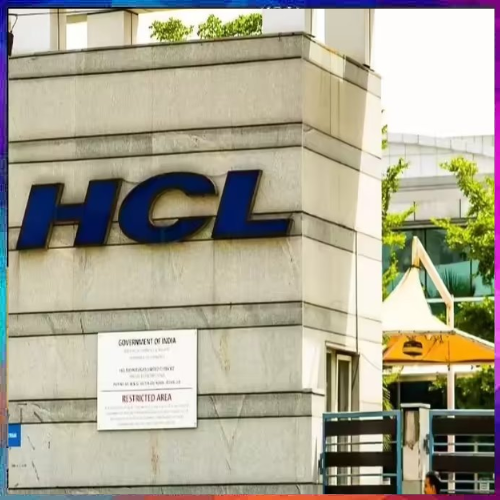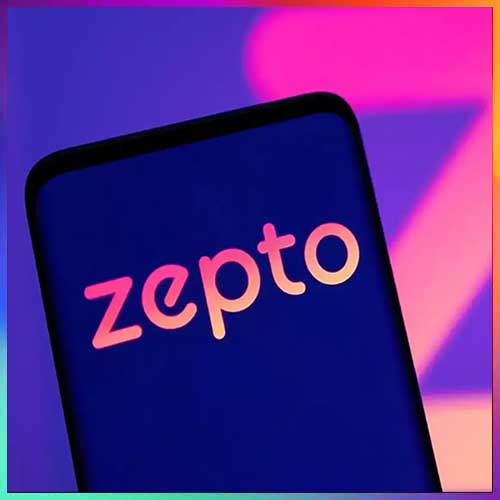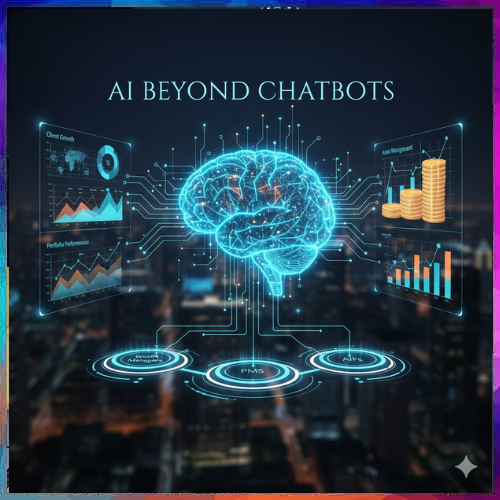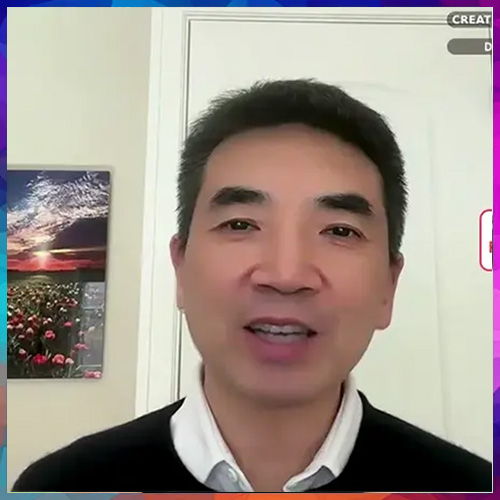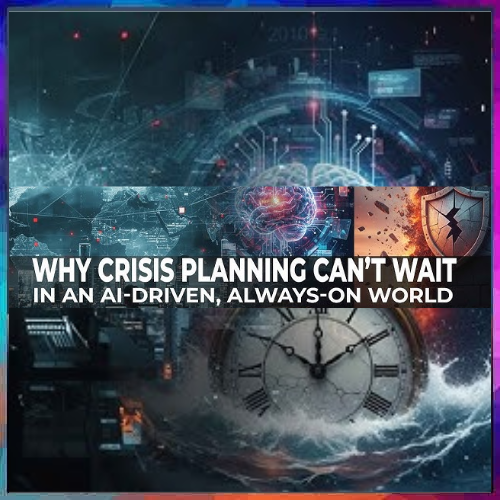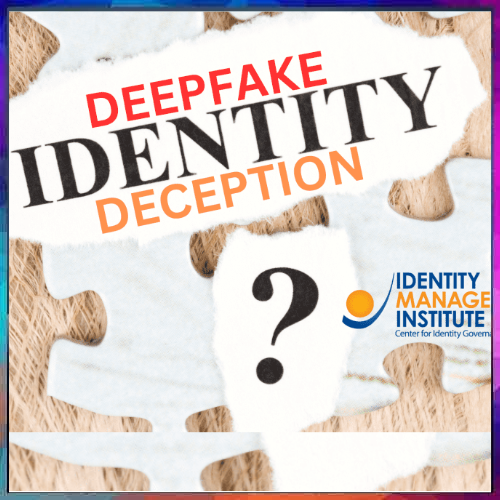Breaking News
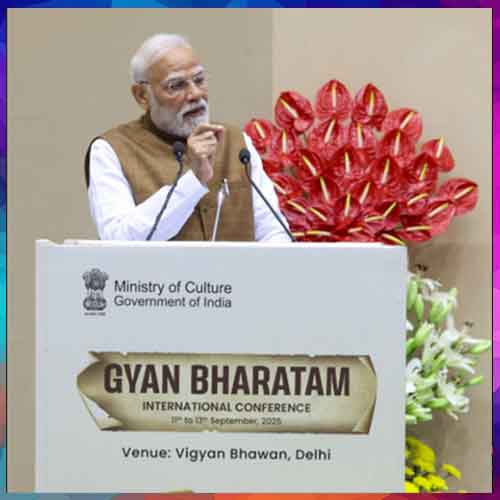
The launch of Gyan Bharatam Portal marks a milestone in manuscript digitisation projects, combining cutting-edge technology with India’s enduring legacy, reaffirming the country's position as a global leader in preserving and sharing ancient knowledge.
In a significant step toward safeguarding India’s ancient literary treasures, Prime Minister Narendra Modi has launched the Gyan Bharatam Portal at the International Conference on Gyan Bharatam in New Delhi. This dedicated digital platform is designed to enhance manuscript digitisation, cultural heritage preservation, and public access to historical documents, making India’s rich manuscript collection available to scholars, researchers, and history enthusiasts around the world.
The three-day conference, taking place from 11 to 13 September 2025 at Vigyan Bhawan, is themed “Reclaiming India’s Knowledge Legacy through Manuscript Heritage.” The event is expected to attract leading historians, archivists, digital technology experts, and policy makers from across the globe, discussing critical issues related to manuscript conservation, metadata frameworks, digital archiving technologies, legal and copyright issues, and cultural diplomacy.
The Gyan Bharatam Portal is part of the government’s broader initiative to promote India’s cultural and intellectual legacy, ensuring that ancient manuscripts, many of which are stored in libraries and monasteries, are preserved, digitised, and made globally accessible. Users will be able to explore rare manuscripts, participate in research collaborations, and contribute to efforts aimed at reviving traditional knowledge systems.
The three-day conference, taking place from 11 to 13 September 2025 at Vigyan Bhawan, is themed “Reclaiming India’s Knowledge Legacy through Manuscript Heritage.” The event is expected to attract leading historians, archivists, digital technology experts, and policy makers from across the globe, discussing critical issues related to manuscript conservation, metadata frameworks, digital archiving technologies, legal and copyright issues, and cultural diplomacy.
The Gyan Bharatam Portal is part of the government’s broader initiative to promote India’s cultural and intellectual legacy, ensuring that ancient manuscripts, many of which are stored in libraries and monasteries, are preserved, digitised, and made globally accessible. Users will be able to explore rare manuscripts, participate in research collaborations, and contribute to efforts aimed at reviving traditional knowledge systems.

“India’s knowledge tradition remains rich to this day because it is built on four foundational pillars of Preservation, Innovation, Addition, and Adaptation”, exclaimed the Prime Minister. Elaborating on the first pillar—Preservation, Shri Modi noted that the Vedas, India’s most ancient scriptures, are considered the foundation of Indian culture. Affirming that the Vedas are supreme, he explained that earlier, the Vedas were passed down to the next generation through oral tradition—‘Shruti’. He emphasized that for thousands of years, the Vedas were preserved with complete authenticity and without error.
The Prime Minister then spoke about the second pillar—Innovation, highlighting that India continuously innovated in Ayurveda, Vastu Shastra, Jyotish, and metallurgy. He remarked that each generation advanced beyond the previous one and made ancient knowledge more scientific. He cited texts like Surya Siddhanta and Varahamihira Samhita as examples of continuous scholarly contributions and the addition of new knowledge. Discussing the third pillar—Addition, Shri Modi explained that every generation not only preserved old knowledge but also contributed new insights. He cited the example that after the original Valmiki Ramayana, many other Ramayanas were composed. He mentioned texts like Ramcharitmanas that emerged from this tradition, while commentaries were written on the Vedas and Upanishads. He highlighted that Indian acharyas offered interpretations such as Dvaita and Advaita.
Deliberating the fourth pillar of India’s knowledge tradition - adaptation, the Prime Minister explained that over time, India engaged in self-introspection and made necessary changes. He emphasized the importance placed on discussions and the continuation of the tradition of Shastrarth. He noted that society discarded outdated ideas and embraced new ones. Shri Modi remarked that during the medieval period, when various social evils emerged, eminent figures arose who awakened societal consciousness. He highlighted that these individuals preserved and safeguarded India’s intellectual heritage.
Deliberating the fourth pillar of India’s knowledge tradition - adaptation, the Prime Minister explained that over time, India engaged in self-introspection and made necessary changes. He emphasized the importance placed on discussions and the continuation of the tradition of Shastrarth. He noted that society discarded outdated ideas and embraced new ones. Shri Modi remarked that during the medieval period, when various social evils emerged, eminent figures arose who awakened societal consciousness. He highlighted that these individuals preserved and safeguarded India’s intellectual heritage.
The conference is also showcasing a special manuscript exhibition, providing visitors with the opportunity to view some of India’s rarest and oldest manuscripts. Presentations by experts will cover advanced digitisation techniques, optical character recognition (OCR) for ancient scripts, cloud-based archival systems, and frameworks for creating searchable, structured metadata that ensures easier navigation and scholarly research.
Speaking about the launch, officials highlighted how this initiative supports digital India, e-governance, and smart archiving solutions that promote sustainable preservation of cultural assets. The portal is expected to strengthen academic research networks, global manuscript collaboration, and knowledge-sharing platforms, while also helping to revive interest in India’s philosophical, scientific, and literary traditions.
With this initiative, the government envisions making India’s manuscript heritage an integral part of the global knowledge ecosystem—empowering research scholars, libraries, archives, and cultural institutions to collaborate on historical research, data-driven conservation, and cultural education.
See What’s Next in Tech With the Fast Forward Newsletter
Tweets From @varindiamag
Nothing to see here - yet
When they Tweet, their Tweets will show up here.










